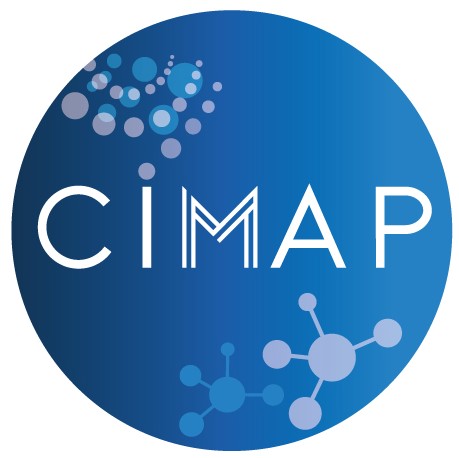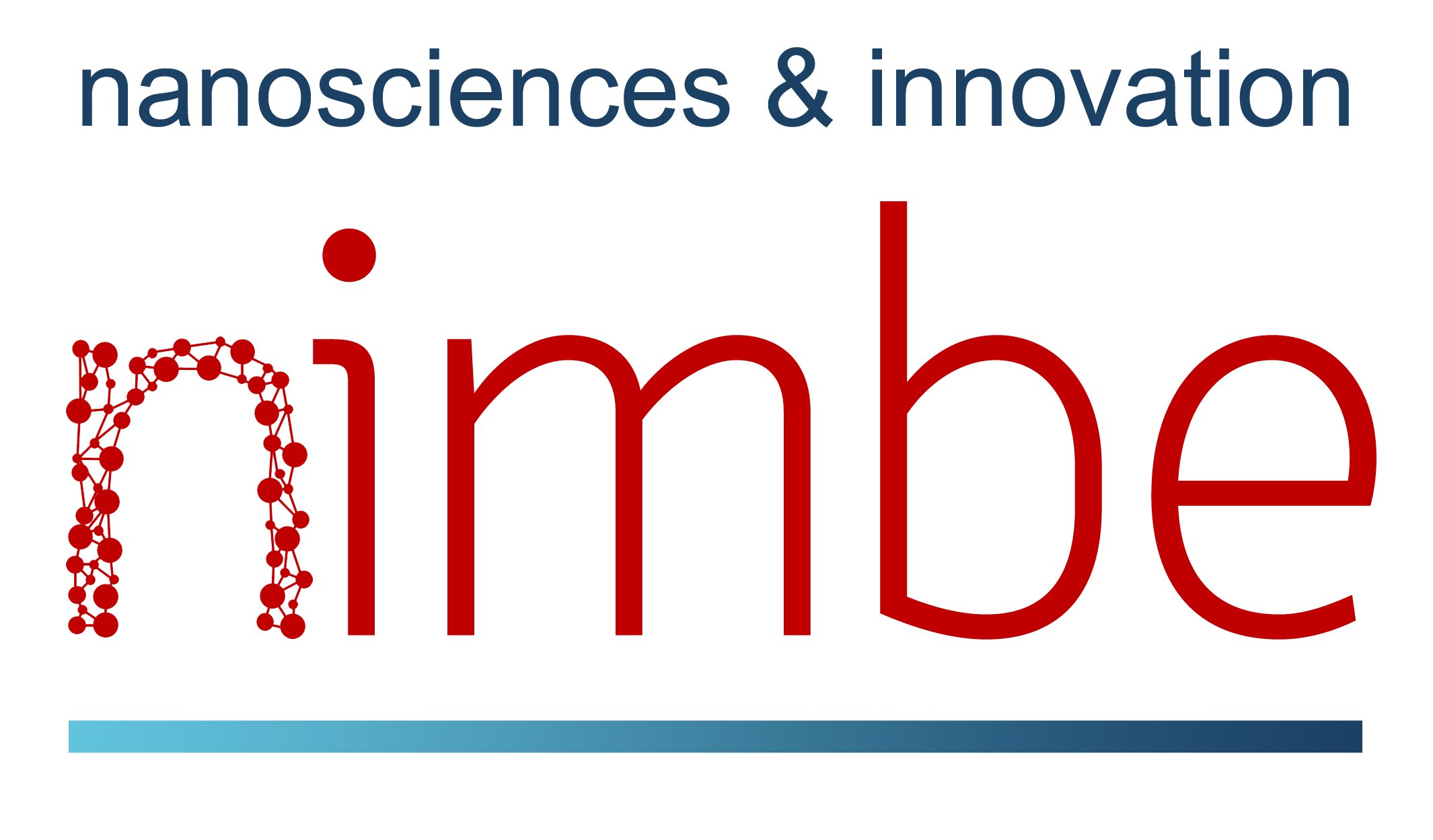The chemistry in our atmosphere governs phenomena such as ozone depletion, acid rain, and climate change. Having a firm understanding of all chemical processes at the molecular level in the atmosphere will allow for the development of accurate global climate models. This talk will discuss some of the more traditional chemical reactions, along with novel mechanisms involving radical‐molecule complexes. Ab initio techniques are employed to determine the effects that radical‐molecule complexes will have on the landscape of the atmosphere. The influences that these complexes have on both the mechanisms and kinetics of atmospheric reactions are also explored.
Joseph S. Francisco completed his undergraduate studies in Chemistry at the University of Texas at Austin with honors, and he received his Ph.D. in Chemical Physics at the Massachusetts Institute of Technology. Francisco was a Research Fellow at Cambridge University in England, and following that he returned to MIT as a Provost Postdoctoral Fellow. He has been a Visiting Associate in Planetary Science at the California Institute of Technology. He is currently the William E. Moore Distinguished Professor of Earth and Atmospheric Science and Chemistry at Purdue University.











